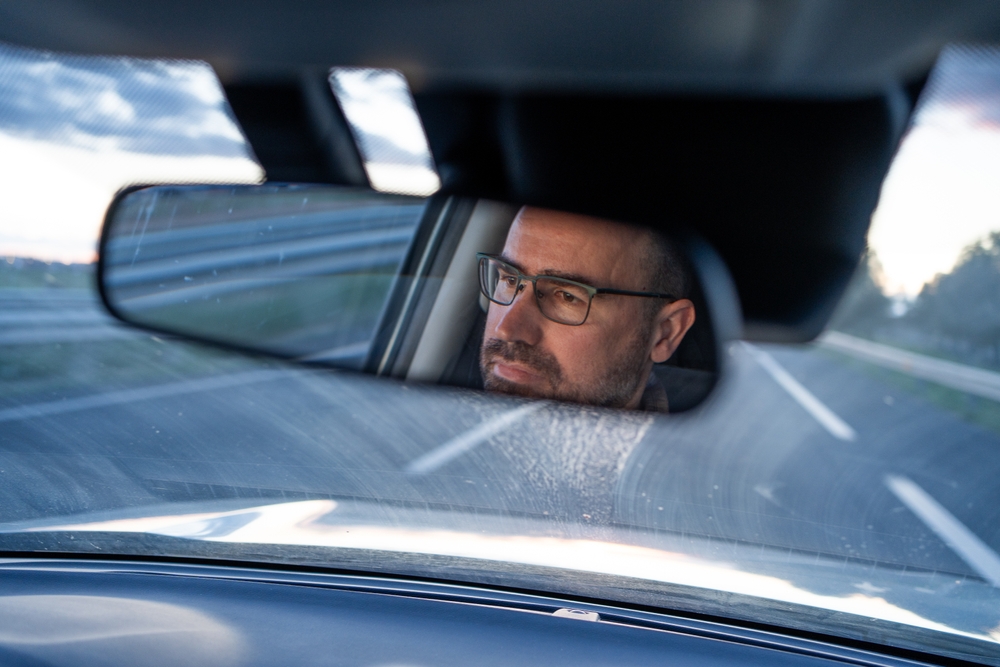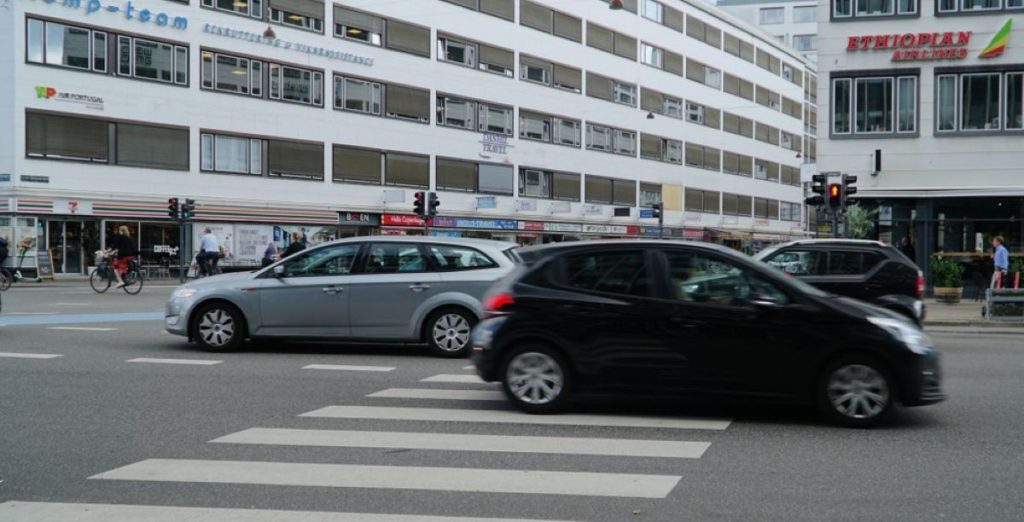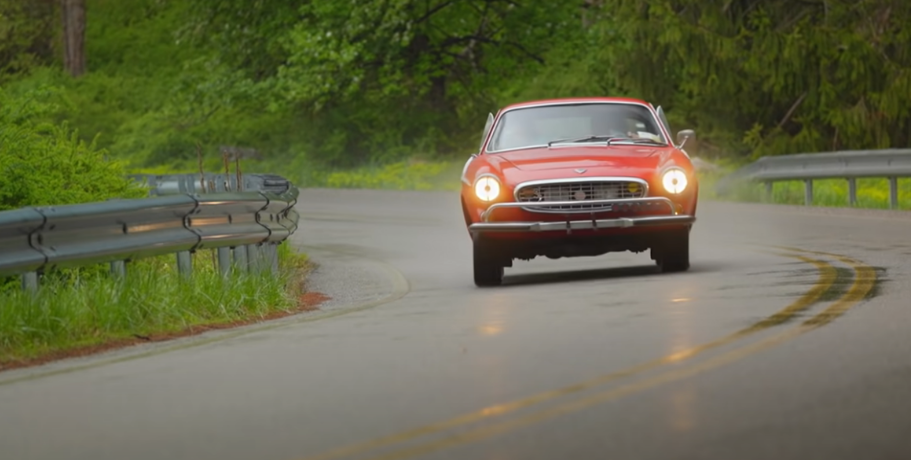The driving community is being urged to spread awareness.
Others are reading now
The driving community is being urged to spread awareness.
Introduced in 2022

A little-known Highway Code rule is catching out drivers across the UK and it could cost you up to £5,000.
The update, introduced in 2022, has already led to fines, penalty points, and soaring insurance premiums for those unaware.
The Rule You’ve Probably Forgotten (Or Never Knew)

Since January 2022, motorists are now legally required to give way to pedestrians waiting to cross at junctions, not just those already crossing.
Also read
It’s a subtle change, but one with serious consequences if ignored.
Any Junction With a Pavement = A Crossing

This rule effectively turns any junction flanked by pavements into a de facto pedestrian crossing.
Failing to yield can result in a £100 on-the-spot fine, a fixed penalty notice, and three points on your licence.
What Happens if You Cause an Accident?

If ignoring a waiting pedestrian leads to an accident, the consequences escalate fast.
Drivers can be hit with a careless driving charge, carrying up to nine points and a maximum fine of £5,000.
Expert Warns Most Drivers Have No Idea

Gerry Bucke from insurance firm Adrian Flux says many motorists are completely unaware of the change.
“It still feels like a secret pedestrian rule,” he warned, noting most drivers haven’t read the Highway Code since their theory test.
Your Insurance Could Spike Too

It’s not just fines and points, your car insurance could also take a hit.
Careless driving convictions typically lead to steep premium hikes, adding financial pain long after the initial punishment.
“We Need to Educate Drivers,” Experts Say

The driving community is being urged to spread awareness.
“It’s crucial for safety,” Bucke added. “We all need to do our bit to educate drivers and protect both motorists and pedestrians.”
The next time you approach a junction, take that extra second. If someone’s waiting to cross, stop. It’s not just polite, it could save you points, pounds, and a lot of stress.


